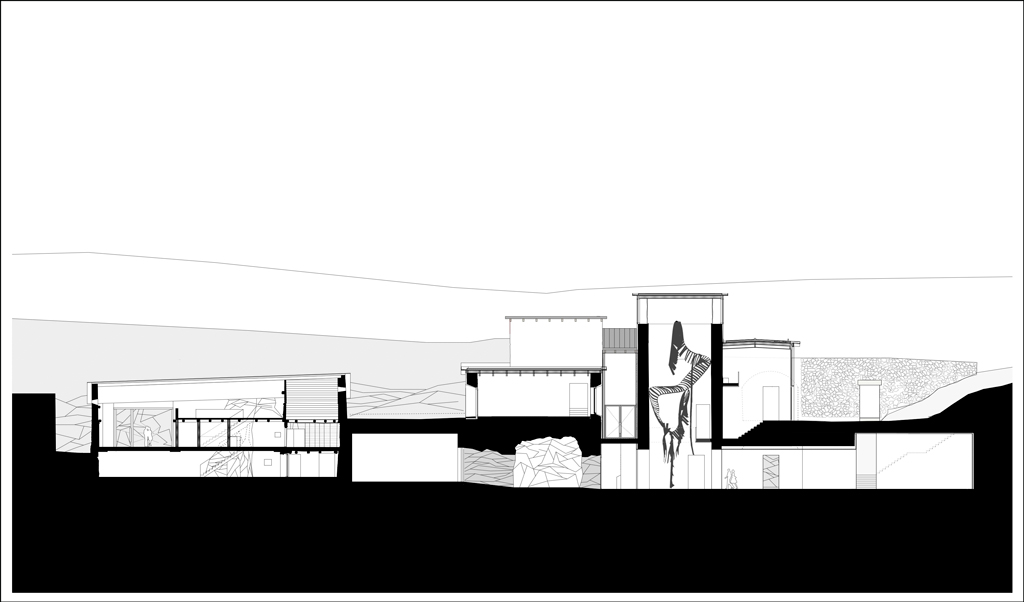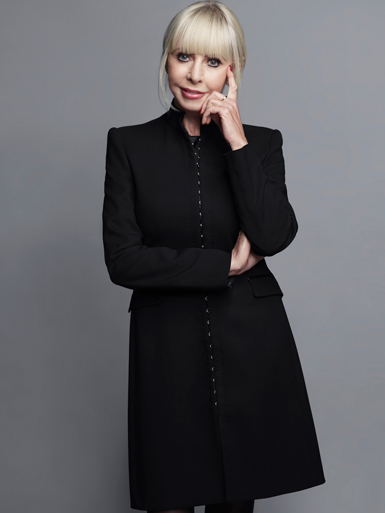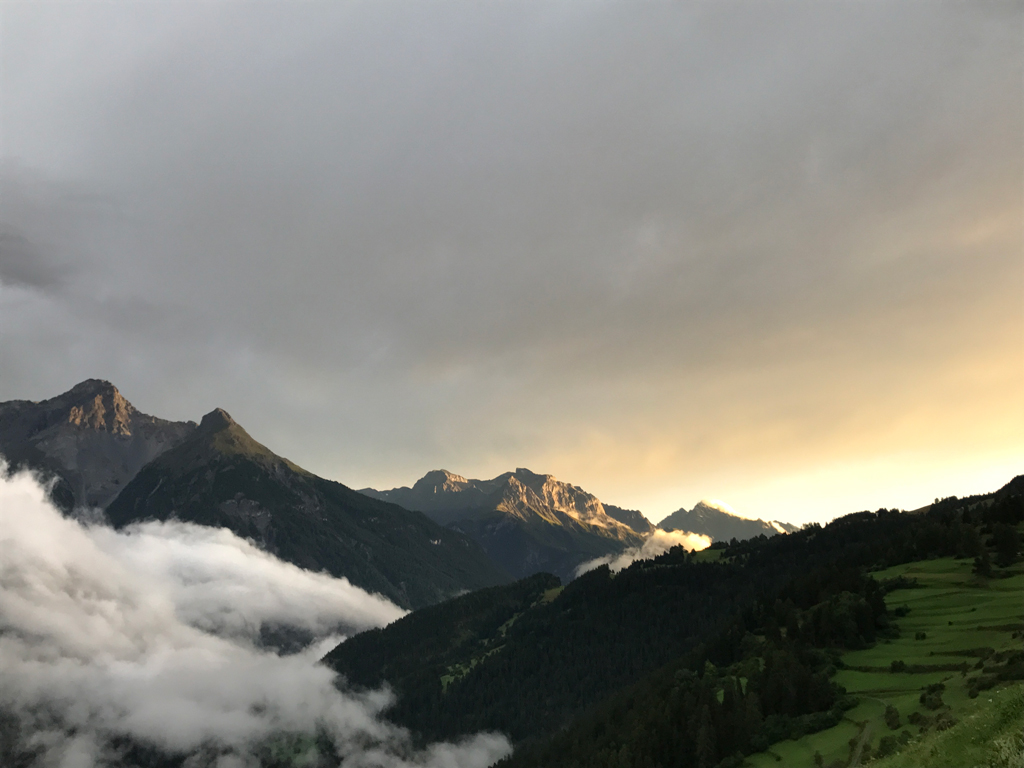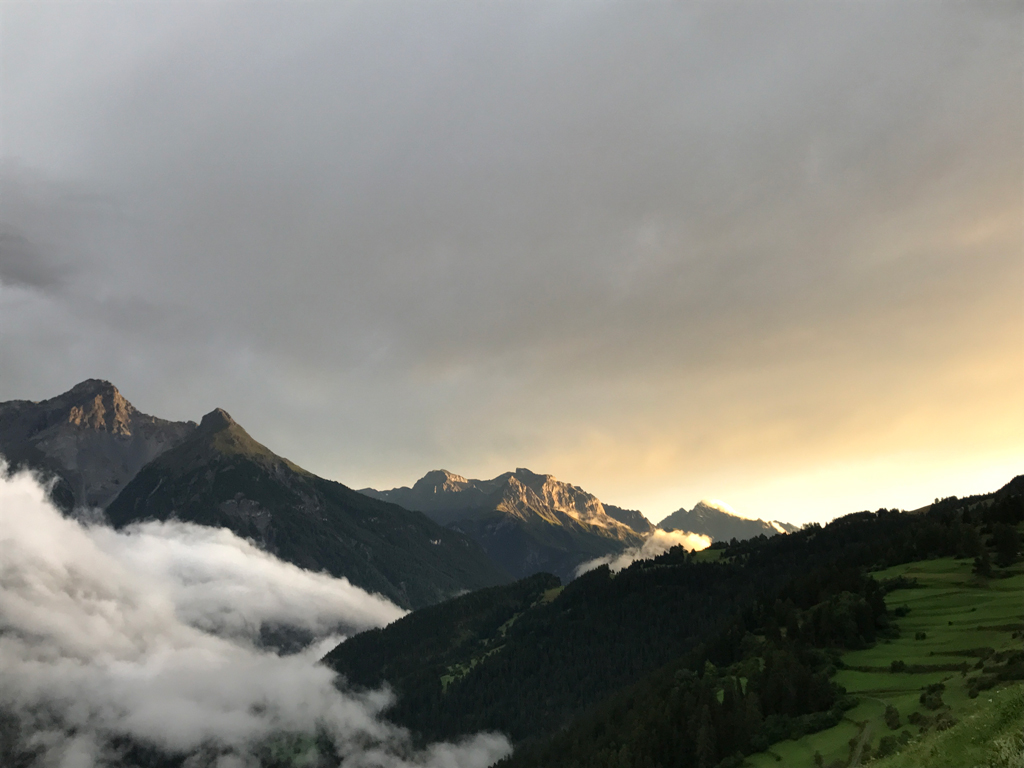[ad_1]

A rendering of the forthcoming Muzeum Susch.
COURTESY MUZEUM SUSCH
Polish art collector and entrepreneur Grażyna Kulczyk, an ARTnews Top 200 collector, will open a contemporary art museum and research institute next year in the remote town of Susch, in the eastern Swiss Alps, near Davos and St. Moritz.
The Muzeum Susch, as it will be called, will have over 16,000 square feet of gallery space, and will open on January 2 with an exhibition organized by Kasia Redzisz, a senior curator at Tate Liverpool, presenting work by 30 international artists that question traditional ideals of the feminine and the body.
The museum’s programming will draw from Kulczyk’s own collection, which includes such artists as Donald Judd, Olafur Eliasson, Andrzej Wróblewski, Alina Szapocznikow, Jenny Holzer, Rosemarie Trockel, Agnes Martin, Joan Mitchell, and Yayoi Kusama, but the museum will also present site-specific commissions and temporary exhibitions. The first of these commissions will be a new sculpture by Polish artist Monika Sosnowska that will stretch the entire height of the building.

Grażyna Kulczyk.
COURTESY MUZEUM SUSCH
Much of Kulczyk’s collection looks to put modern and contemporary art from Eastern Europe, particularly Poland, in dialogue with the traditional canon. It also highlights the work of women artists. The exhibition by Redzisz, who previously organized a show at Kulczyk’s arts center in Poznań, Poland, in 2014, will pursue similar goals.
“An exceptionally important place in the collection is held by the works of female artists,” Kulczyk told ARTnews by email, “and many of my projects to date have focused on promoting and supporting women in their artistic endeavors. For the inaugural exhibition, Kasia has chosen to present work from the collection and elsewhere, that addresses these issues and explores the notion of the feminine, body politics, and traditional gender roles.”
In addition to the programming offered by the Muzeum Susch, its campus will operate as a “a center for debate, inquiry, and learning,” Kulczyk said, and include a research center that will investigate, in collaboration with the Institut Kunst, Basel, gender issues in both art and science; a contemporary performance and dance program; an annual symposium; and a residency program that will bring artists, curators, writers, researchers, and choreographers to the remote Swiss town for extended periods of time. Part of the goal of the Muzeum Susch is the “disruption of power structures,” particularly as it relates to issues that women face in the art world.
“Each of these pillars of the museum examine and showcase artists, movements, and ideas that have been marginalized or left outside the canon,” Kulczyk said. “My own history as an independent, creative entrepreneur is at the root of this. I understand and have an emotional connection with the issues women face in their artistic endeavors. . . . The museum will seek to give a voice and platform to those who have previously not had the opportunity to be heard.”

A view of the Engadin valley in the Swiss Alps, where the Muzeum Susch is located.
COURTESY MUZEUM SUSCH
The campus for the project is located on the site of a former 12th-century monastery to which a brewery building was added in the 19th century. Kulczyk has a soft-spot for former breweries, as the arts and business center she founded in 2003 in her hometown of Poznań, in western Poland, named Stary Browar, is on the site of the former Hugger Brewery. The new museum’s location is near two historic Swiss centers of wealth, Davos and St. Moritz, which Kulczyk said “creates an interesting paradox,” as “Susch itself is an idyllic, sleepy town.” She said that she thinks “the proximity to these influential places will inspire new ways of creative and critical thinking and ideas.”
Susch is also located on the historic Way of St. James, the pilgrimage route dating from the Middle Ages that attracted Christian pilgrims from across Europe to the cathedral of Santiago de Compostela in northwestern Spain, where the remains of the saint are said to be located. While there was no one route to the cathedral, visitors to Susch would most likely have come from northern Italy, continuing on through Switzerland to France and finally Spain.
Kulczyk herself came across the location because she has a house in the region and was driving through Susch. “Muzeum Susch will present a unique space to display contemporary art,” Kulczyk said, “and has been founded as a space for contemplation, meditation, and perhaps a new kind of pilgrimage.”
[ad_2]
Source link

